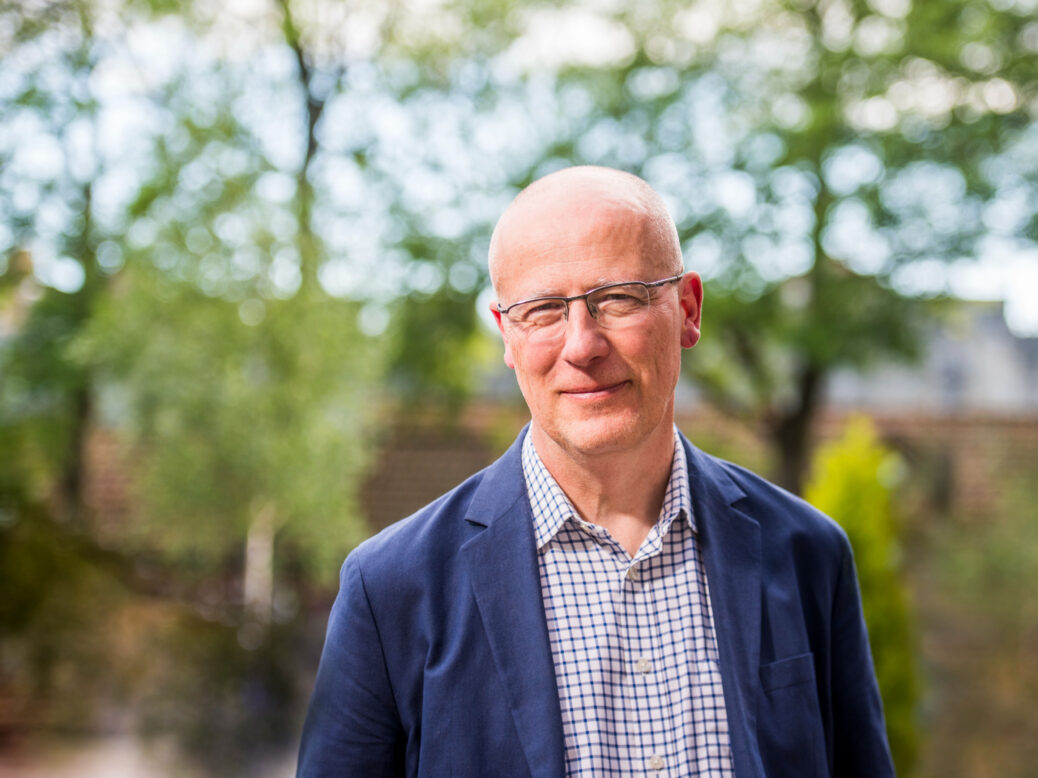
Mike Thornton has been chief executive of the Energy Saving Trust since 2020, an independent organisation dedicated to promoting energy efficiency and conservation. He joined the organisation in 2002 as head of its Scottish team, and prior to this worked at Friends of the Earth Scotland and the Lothian and Edinburgh Environmental Partnership (now Changeworks). He is also part of several member and expert advisory groups and agencies working towards renewable energy solutions and energy efficiency. He has more than 30 years’ experience in the environmental, energy efficiency, transport and recycling sectors.
The urgent need to cut carbon and a strong cup of coffee combine to get me started each working day. I also often think about my daughter and any children she may have and how I want to be able to look them in the eye and feel I’ve done everything I can to address the climate emergency for the sake of their future.



